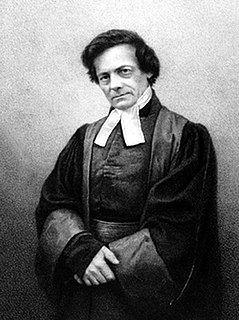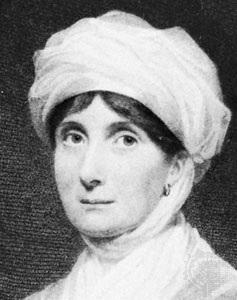A Quote by Benjamin Franklin
Related Quotes
... so large a portion of those who hold much capital, instead of using their various advantages for the greatest good of those around them, employ the chief of them for mere selfish indulgences; thus inflicting as much mischief on themselves, as results to others from their culpable neglect. A great portion of the rich seem to be acting on the principle, that the more God bestows on them, the less are they under obligation to practise any self-denial, in fulfilling his benevolent plan of raising our race to intelligence and holiness.
There is no portion of our time that is our time, and the rest God's; there is no portion of money that is our money, and the rest God's money. It is all His; He made it all, gives it all, and He has simply trusted it to us for His service. A servant has two purses, the master's and his own, but we have only one.
Instead of complaining at his lot, a contented man is thankful that his condition and circumstances are no worse than they are. Instead of greedily desiring something more than the supply of his present need, he rejoices that God still cares for him. Such an one is "content" with such as he has (Heb. 13:5).
There will be a shifting of the poles. There will be upheavals in the Arctic and the Antarctic that will make fotr the eruption of volcanos in the Torrid areas... The upper portion of Europe will be changed in the blink of an eye. The earth will be broken up in the western portion of America. The greater portion of Japan must go into the sea.
The difference between a man who faces death for the sake of an idea and an imitator who goes in search of martyrdom is that whilst the former expresses his idea most fully in death it is the strange feeling of bitterness which comes from failure that the latter really enjoys; the former rejoices in his victory, the latter in his suffering.

































